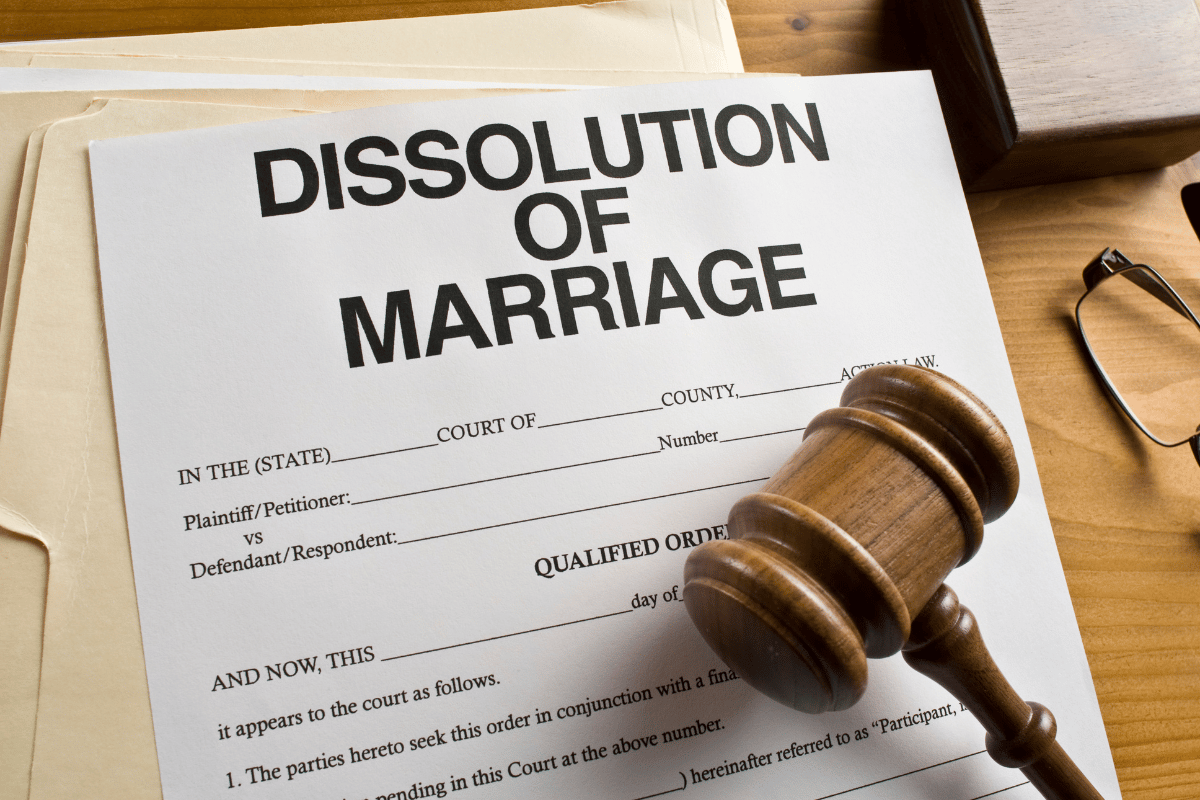When a person is arrested or convicted of a crime, they have many concerns. Initially, they may be most worried about the penalties they will face but soon afterwards, they become concerned about whether their criminal record will be made public. An arrest or conviction on a criminal record can prevent people from gaining employment, housing opportunities, scholarships, and more. So, if you have been arrested or worse, convicted, of a crime, will the general public have access to your records?
Florida Law Makes Criminal Records Public
Florida law does state that criminal records are to be made public when the person accused or convicted is an adult. Many people think this only applies to convictions, but arrests will also appear on a criminal record, as can case dispositions and charges. The only exception to the law is when a criminal record has been sealed or expunged.
Having a criminal record sealed means that the record is only accessible to those with access, and that access is strictly limited. Typically, only law enforcement and other government agencies can view a criminal record that has been sealed.
When a criminal record is expunged, on the other hand, it is essentially as though the record does not exist. The criminal record will either be completely destroyed, or removed from a number of computer systems. Not even government agencies can view a record if it has been expunged.
Getting a Record Sealed or Expunged
After a person has been charged or convicted of a crime, they often want their criminal record sealed or expunged, as it can make life a great deal easier. However, the eligibility requirements differ depending on whether a person has been charged of a crime, or convicted.
Individuals charged, but not convicted, of a crime can have their record expunged if they have not had their record expunged in the past, even if they were charged with a crime in a different state. People that were charged but not convicted of a crime also cannot have a current petition for sealing or expunging a record pending.
Individuals that have been convicted, or that pleaded guilty can have their record sealed or expunged in limited circumstances. A number of crimes make a person ineligible for sealing or expunging the records. For example, a felony DUI is just one crime that does not qualify for expungement or sealing a record.
Our Florida Criminal Defense Lawyers can Help with Your Case
A criminal record has dire consequences. Even after a person has served their time, it can still haunt them for the rest of their lives. If you have been charged or convicted of a criminal offense, our Orlando criminal defense lawyers at O’Mara Law Group are here to help. We know which offenses are eligible to be sealed or expunged, and we will help you navigate the process to give you the best chance of success. Call us today at (407) 634-6604 or contact us online to schedule a consultation and learn more about how we can help.



